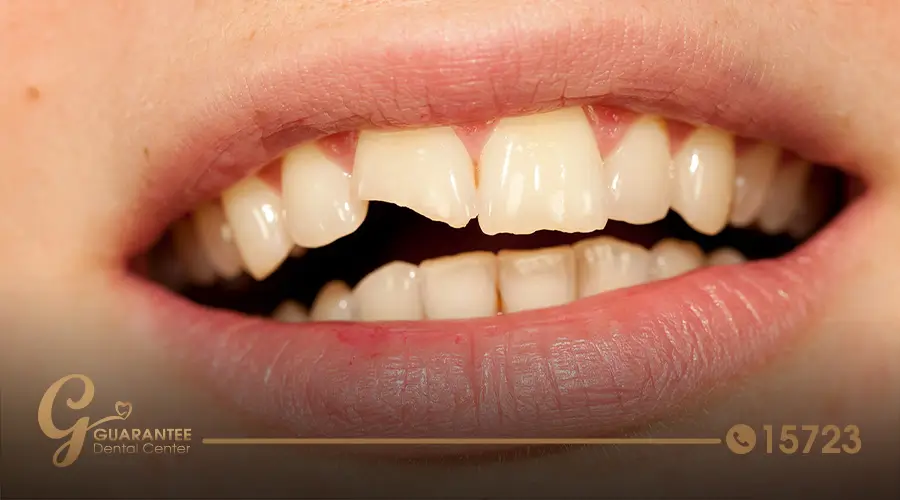Bad Breath From Sinus

The frustrating and often embarrassing issue of bad breath, also known as halitosis, can have various underlying causes. One common culprit behind this problem is sinus-related issues. The sinuses, a group of air-filled spaces in the skull, can become inflamed or infected, leading to a condition known as sinusitis. This inflammation can cause the production of excess mucus, which, when draining into the throat, can result in bad breath.
Understanding the connection between the sinuses and bad breath requires a look into the anatomy and function of the sinuses, as well as the manifestations of sinusitis. The sinuses are lined with mucous membranes that produce mucus, a thick, protective fluid. This mucus traps dust, bacteria, and other small particles, preventing them from entering the lungs. Normally, the mucus is cleared from the sinuses and swallowed, but when the sinuses become inflamed, the mucus production increases, and the normal flow of mucus can become blocked.
There are several types of sinusitis, including acute and chronic forms. Acute sinusitis is typically caused by a viral infection and lasts less than four weeks, while chronic sinusitis is a persistent inflammation or infection of the sinuses that lasts more than 12 weeks. Both forms can lead to bad breath due to the excess mucus production and the potential for bacterial growth within this mucus. When this mucus mixes with bacteria in the mouth, it can produce volatile sulfur compounds (VSCs), which are the primary cause of bad breath.
Symptoms of sinusitis that might be associated with bad breath include nasal congestion, yellow or green nasal discharge, facial pain, and a reduced sense of smell. The diagnosis often involves a combination of physical examination, medical history, and sometimes imaging studies like CT scans. Treatment options vary depending on the cause and severity of the sinusitis but may include antibiotics for bacterial infections, nasal decongestants, and corticosteroids to reduce inflammation.
In terms of addressing the bad breath specifically, good oral hygiene practices are essential. This includes regular brushing and flossing to remove bacteria and food particles from the teeth and gums, as well as cleaning the tongue, where bacteria can accumulate. Using a sinus rinse or a neti pot with a saline solution can help to clear out mucus and reduce sinus pressure. Additionally, staying hydrated by drinking plenty of water helps to thin out mucus, making it easier to expel, and avoiding drying medications like antihistamines can also be beneficial.
For some individuals, sinus-related bad breath may require professional dental or medical intervention. A dentist can help identify any oral health issues contributing to the problem, such as gum disease or tooth decay, and provide guidance on improving oral hygiene. An ear, nose, and throat (ENT) specialist or an allergist can diagnose and treat underlying sinus conditions and allergies that might be exacerbating the sinusitis and consequent bad breath.
It’s also worth noting that lifestyle changes can play a significant role in managing sinusitis and associated bad breath. Quitting smoking, avoiding exposure to secondhand smoke, and reducing alcohol consumption can all help to alleviate sinusitis symptoms. Furthermore, eating a balanced diet rich in fruits, vegetables, and whole grains, and avoiding spicy or strong-smelling foods that can irritate the nasal passages, can also be beneficial.
In conclusion, bad breath stemming from sinus issues is a treatable condition. By understanding the causes, recognizing the symptoms, and implementing appropriate treatment and lifestyle changes, individuals can manage their sinus health and alleviate the embarrassing issue of bad breath.
Key Points to Remember
- Sinusitis, or the inflammation of the sinuses, can lead to bad breath due to increased mucus production and potential bacterial growth.
- Good oral hygiene and sinus care practices, such as regular brushing, flossing, and the use of saline rinses, can help manage bad breath.
- Lifestyle changes, including a balanced diet, staying hydrated, and avoiding irritants like smoke, can also alleviate symptoms of sinusitis and associated bad breath.
- Professional dental or medical intervention may be necessary to diagnose and treat underlying conditions contributing to bad breath.
What is the most common cause of sinus-related bad breath?
+The most common cause of sinus-related bad breath is the production of excess mucus due to sinusitis, which can mix with bacteria in the mouth to produce volatile sulfur compounds, leading to bad breath.
How can I differentiate between bad breath caused by sinus issues and other causes?
+To differentiate, look for accompanying symptoms of sinusitis such as nasal congestion, facial pain, and a reduced sense of smell. If these symptoms are present alongside bad breath, it may indicate a sinus-related cause.
Are there any home remedies that can help alleviate sinus-related bad breath?
+Yes, home remedies such as using a humidifier to add moisture to the air, drinking plenty of water to thin out mucus, and practicing good oral hygiene can help alleviate sinus-related bad breath. Additionally, saline nasal sprays or rinses can help clear out mucus and reduce sinus pressure.
When should I seek professional help for bad breath caused by sinus issues?
+Seek professional help if your bad breath persists despite practicing good oral hygiene and home remedies, or if you experience severe symptoms of sinusitis. An ENT specialist or a dentist can provide a proper diagnosis and treatment plan for underlying conditions contributing to your bad breath.
In addressing sinus-related bad breath, it’s crucial to approach the issue from both a medical and a lifestyle perspective. By understanding the underlying causes, implementing appropriate treatments, and making conscious lifestyle choices, individuals can effectively manage their symptoms and regain confidence in their breath. Whether through professional intervention or self-care practices, there are numerous pathways to alleviating the discomfort and embarrassment of bad breath stemming from sinus issues.


